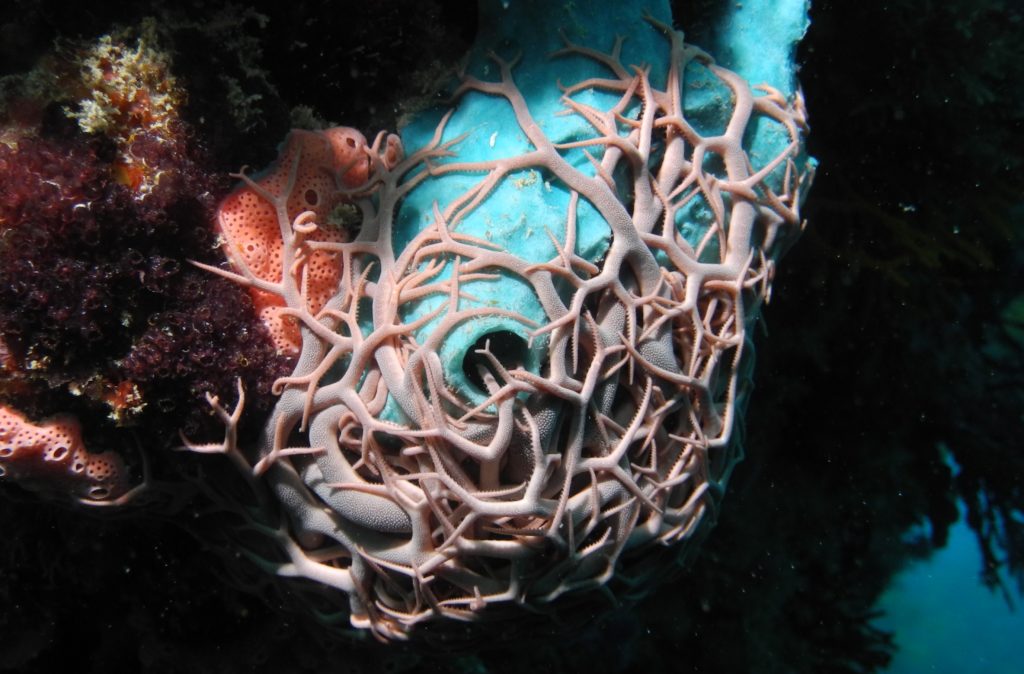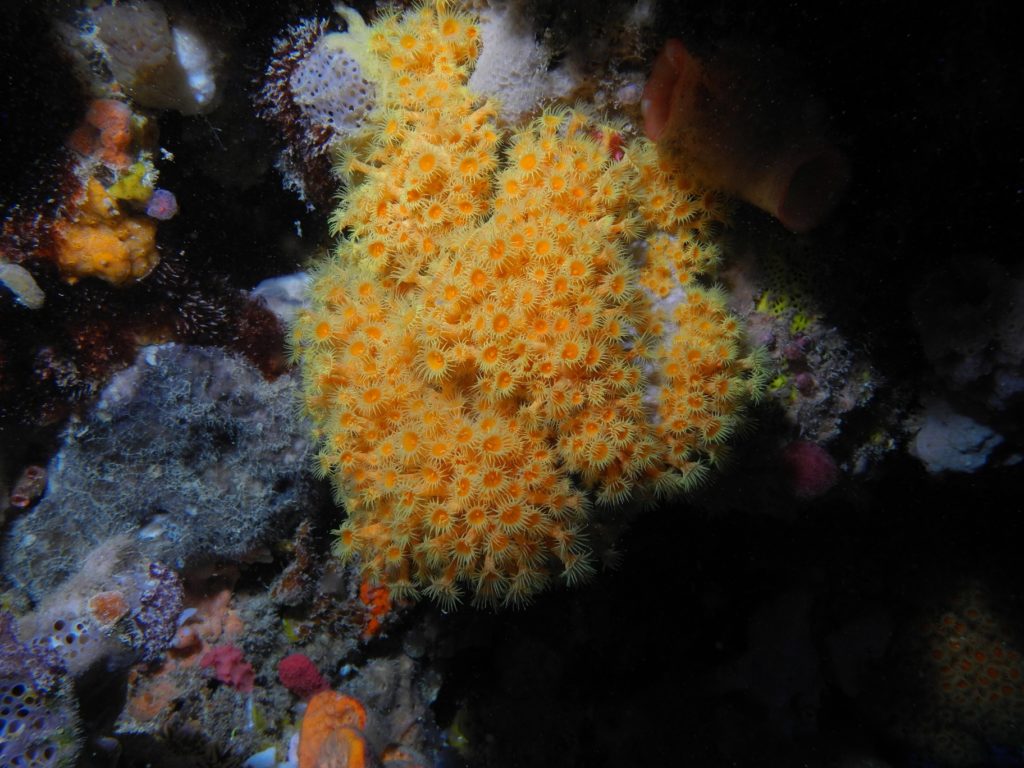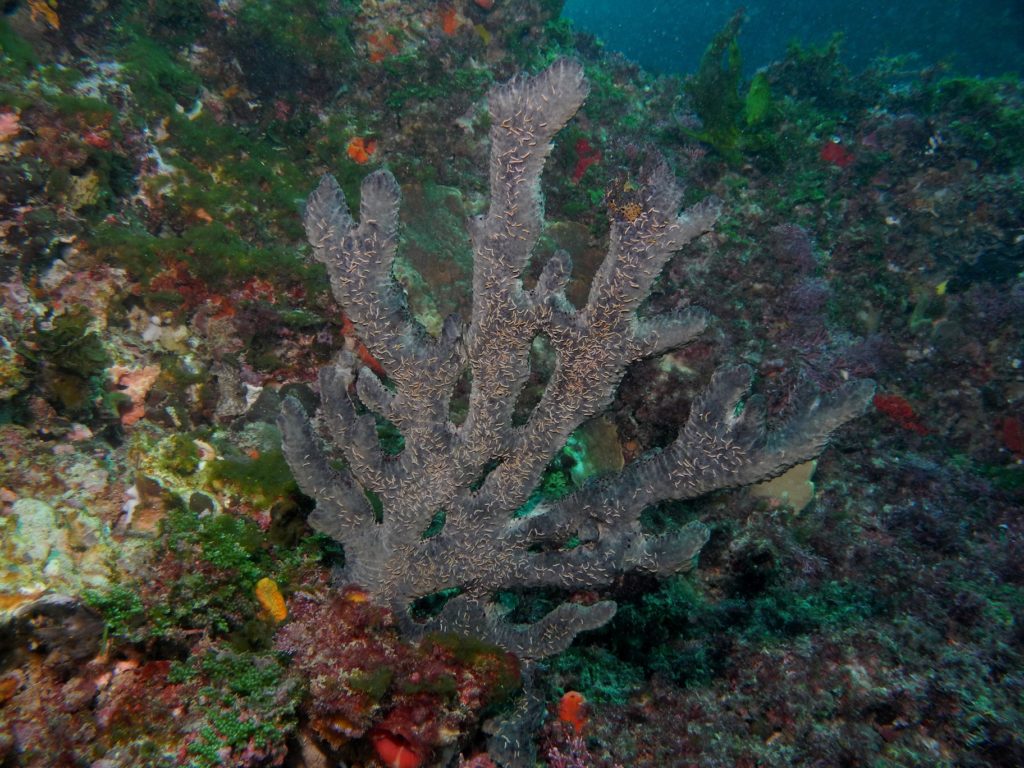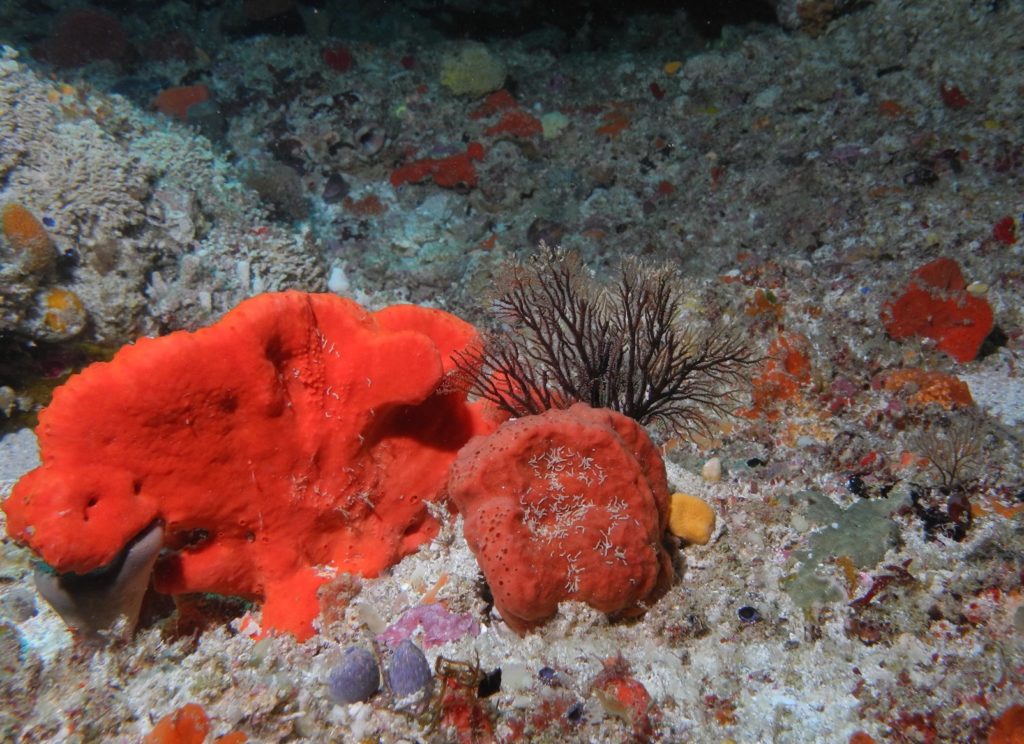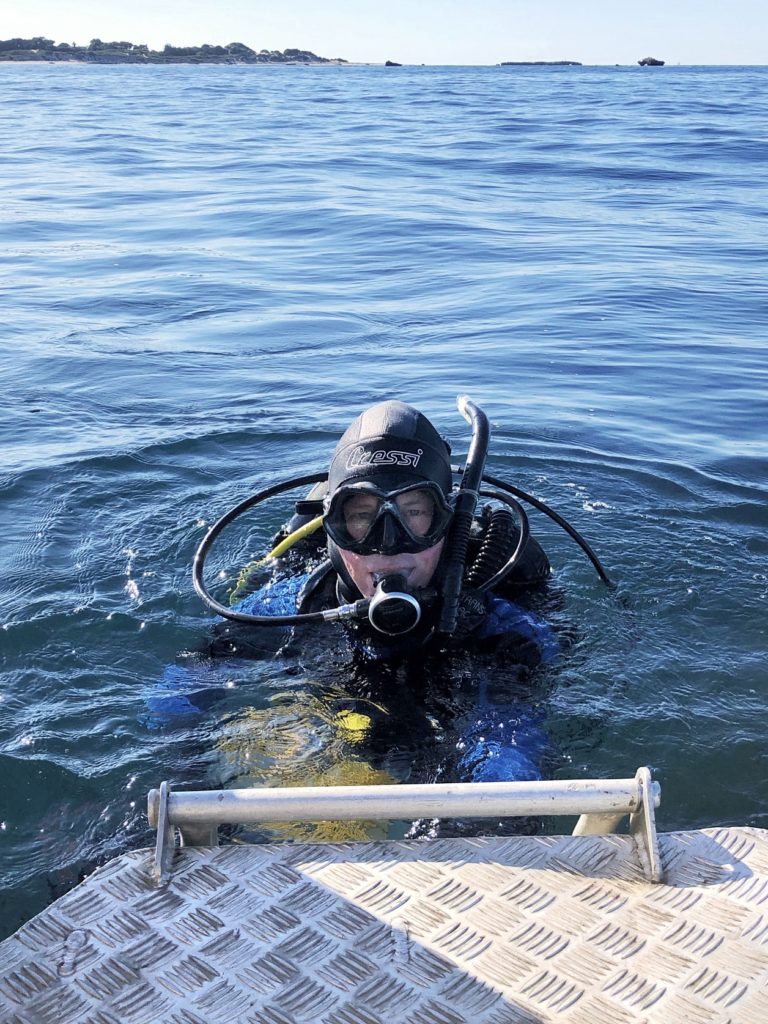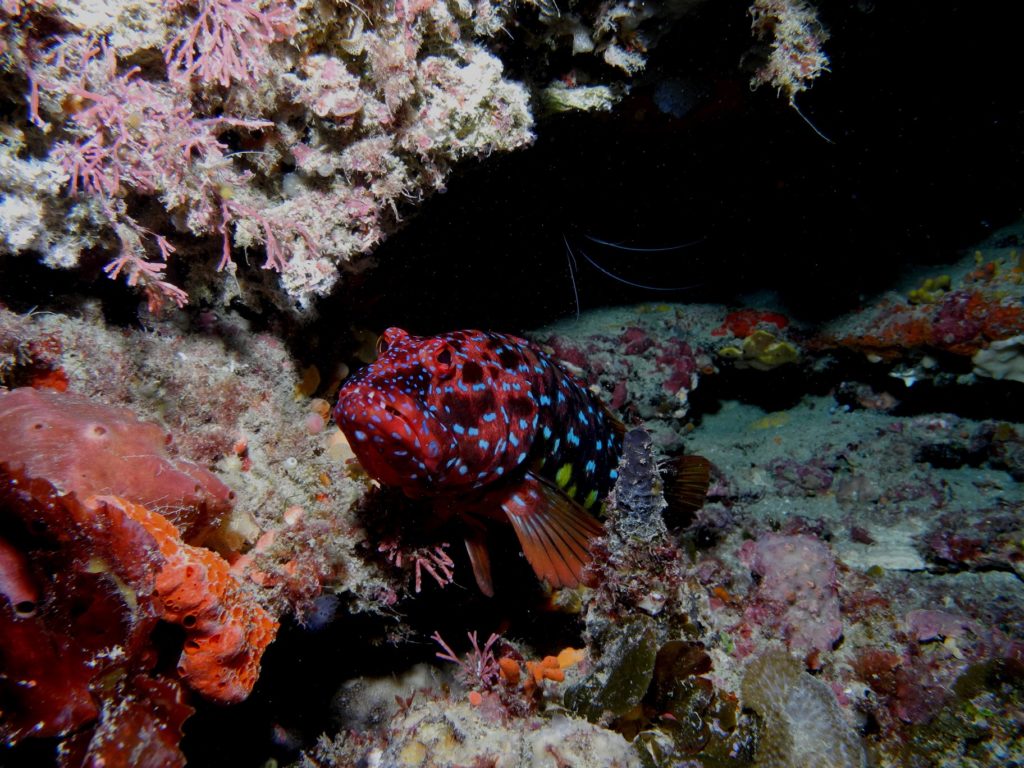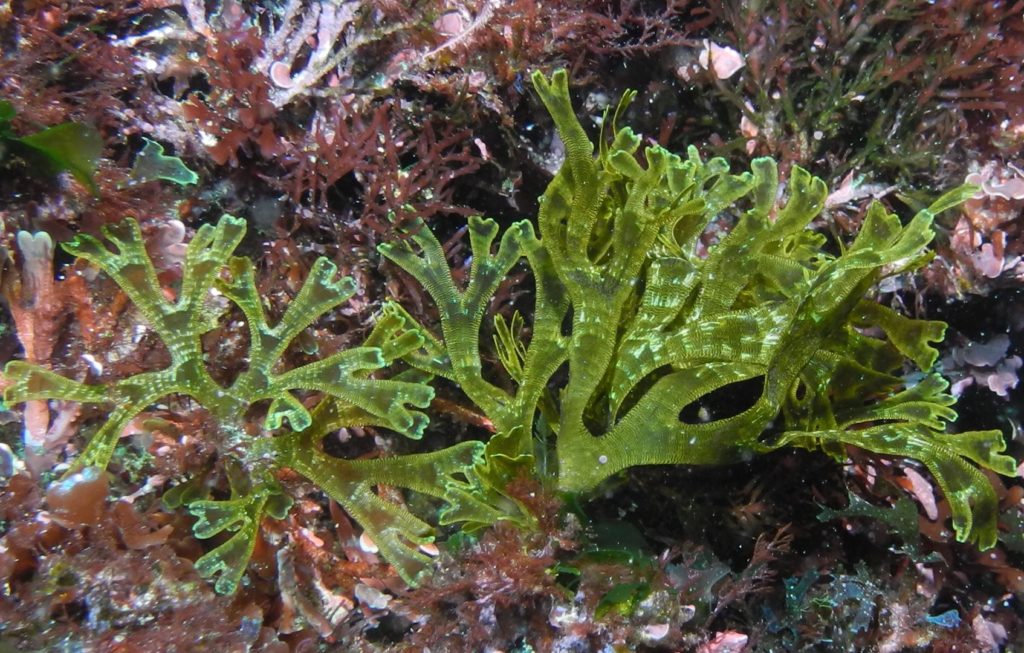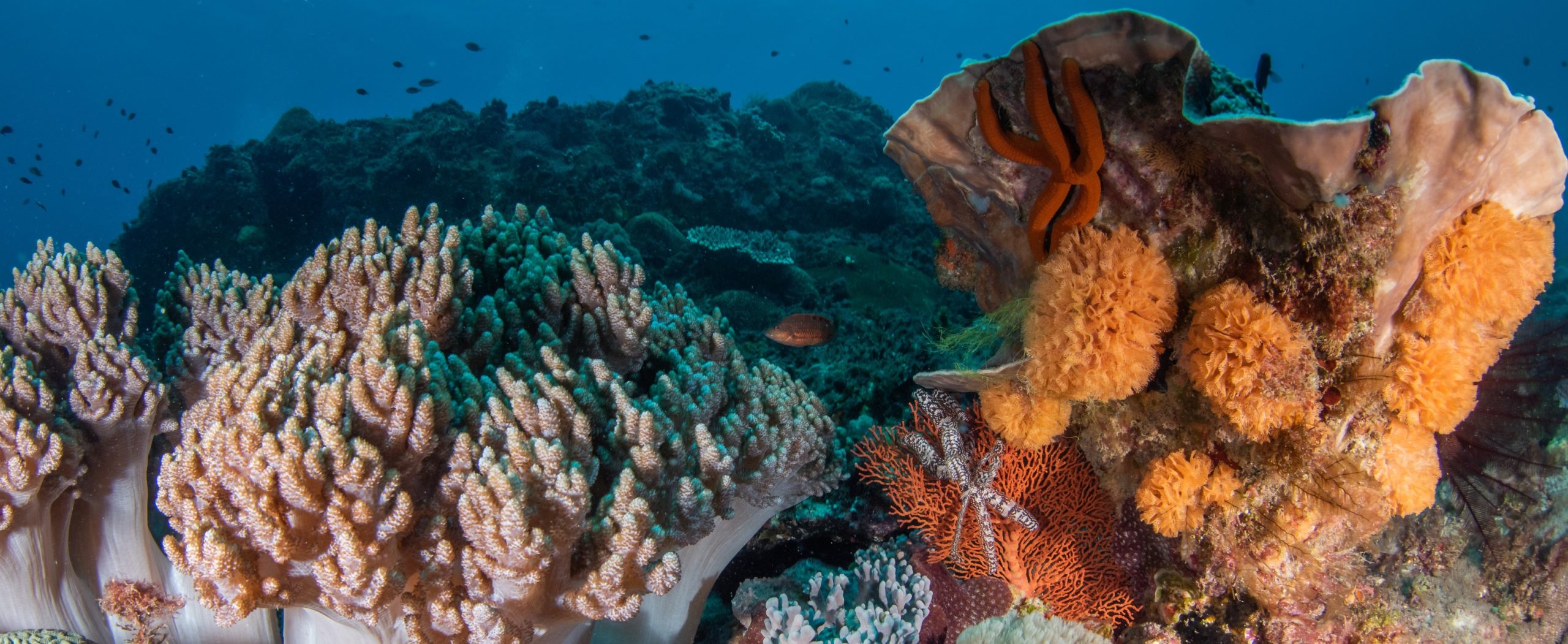The year 2020 has seen the world come to an almost complete standstill but the need to collect robust data and to continue monitoring the marine environment remains a high priority.
Reef Life Survey has been monitoring the subtidal reef communities at Rottnest Island in WA on an annual basis since 2008 resulting in the longest, continuous time series in the RLS database, a fact that the WA team is extremely proud of. So it was with great relief and a considerable surprise to be informed in late April that despite the island and its marine reserve being closed, our work remained a critical part of island business operations and as such, we would be eligible to apply for an exemption to enter the reserve and conduct our surveys.
The team jumped into action and began formulating a dive plan that would have special consideration to the unusual health and safety requirements that covid-19 restrictions would place on the team. Specific advice was sourced from the WA State Health Incident Coordination Centre (SHICC), Divers Alert Network (DAN) and the health and safety team at RLS. As soon as we were happy that we had done everything possible to protect our divers we could get on with the diving!
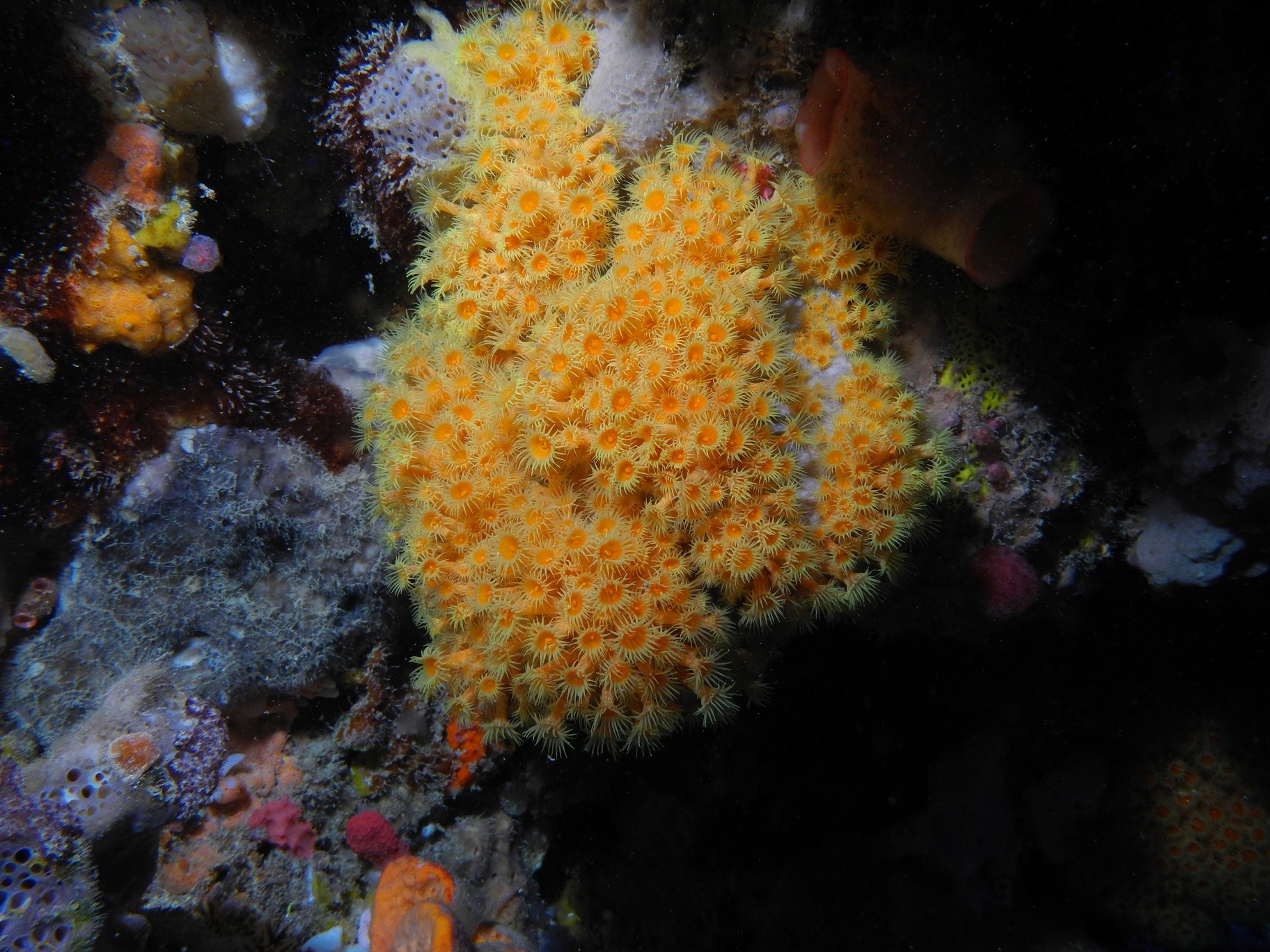
Our survey effort was split over day trips using two vessels hired from Boating West in Perth and using the RLS ducky. We were blessed with the choice of days (including weekdays when it is often perfect weather whilst everyone is usually at work!) which meant that we could pick the best conditions.
Across 3 days (including one where we waited in the queue at the boat ramp with other boaties as a thunderstorm passed over leaving low swell and light winds behind it!) the team surveyed all of the core monitoring sites and in total identified 81 species on method 1, 10 species of cryptic fish and 47 species of invertebrates on method 2.
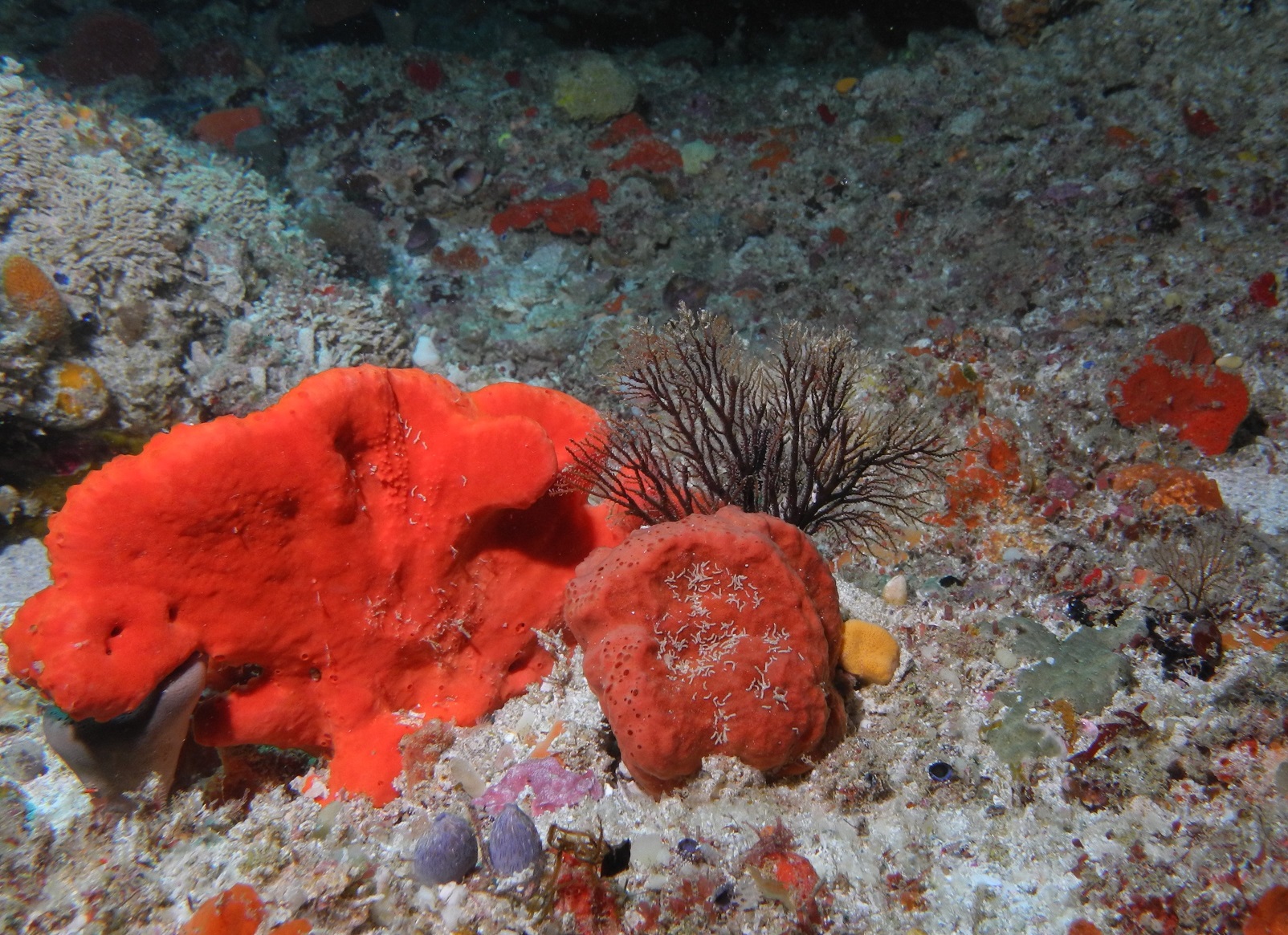
Of interest were records of Phyllidiella lizae (Liz's Phyllidiella, nudibranch) first identified by Nestor in 2019, Kevin Smith adding a second sighting of Caprichthys gymnura (rigid boxfish) to his one from last year and several sightings of Pictilabrus laticlavius (senator wrasse) and Dotolabrus alleni (Rainbow wrasse) two resident temperate species that continue to be regularly recorded after declines during the 2010/2011 marine heatwave.
More than ever, special thanks to Rottnest Island Authority and specifically Shane Kearney and Helen Geers for their continued support and enthusiasm for RLS. Thanks also to Boating West for the hire vessels.
Finally, a massive thanks to our great team of divers Kevin Smith, Alicia Sutton, Wendy Hutchinson, Michael Brooker, Nestor Echedey Bosch Guerra, Jan Ranson, Rebecca Watson and Paul Day. Thanks to Kevin Smith for skippering one of our vessels and to Michael Brooker for arranging tanks from UWA.
